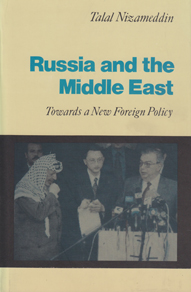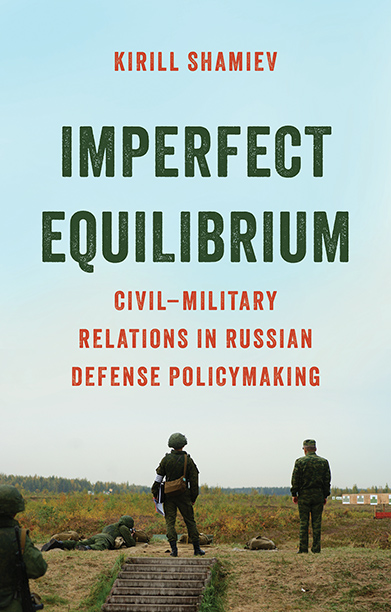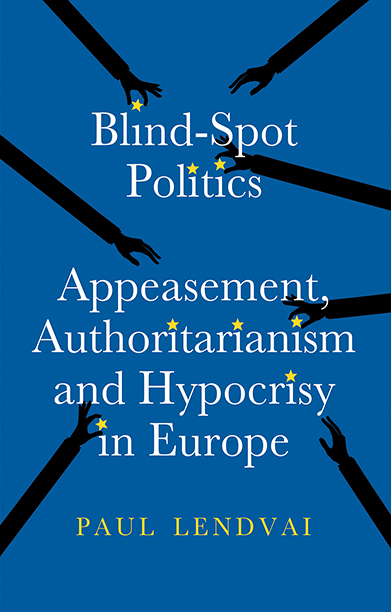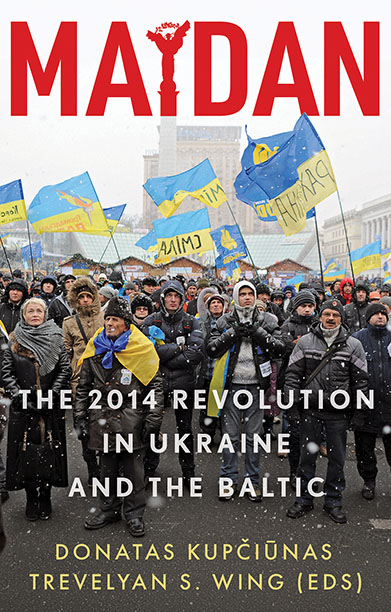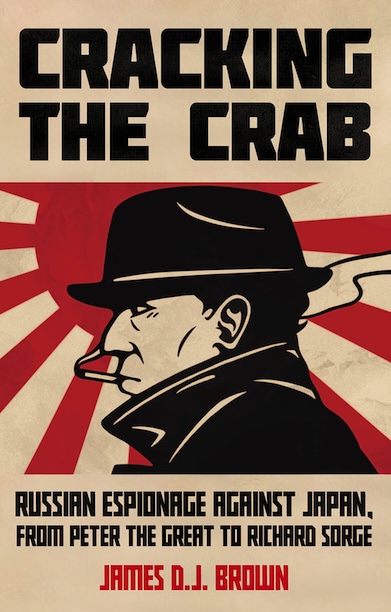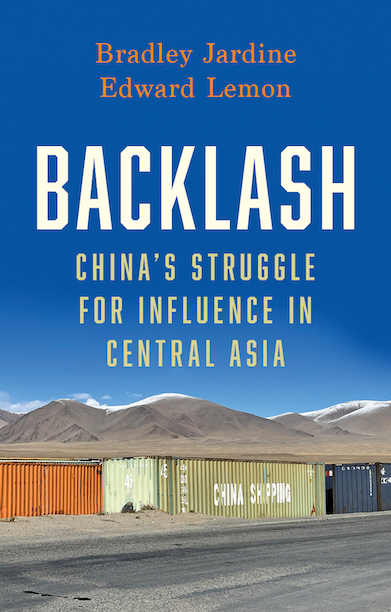Description
The end of the Soviet Union precipitated a reassessment of Russia’s foreign policy in many parts of the world, particularly the Middle East. This text looks at how a once cherished commitment to ideological goals and superpower rivalry with the United States was replaced, after 1991, with a pragmatic foreign policy based on national interest, epitomized by the appointment of Yevgeni Primakov as foreign minister. The book examines Gorbachev’s ‘new thinking’; the foreign policy debates under President Yeltsin; and the warning of Russian influence over the Palestinians and its consequent exclusion from the secret Oslo records. Case studies of Russia relations with Israel, Syria, Lebanon Jordan, Saudi Arabia, Iraq, Turkey and Iran provide the reader with a detailed analysis of the region’s wider diplomatic and strategic concerns.
Reviews
‘… a good introduction to Post-Communist Russia’s policy in the Middle East.’ — MESA Bulletin
‘… this book is extremely useful for understanding Russian foreign policy toward the Middle East under Yeltsin.’ — Russian Review
Author(s)
Talal Nizameddin has been studying and researching Russia and the Middle East for twenty years. He has worked and taught in the US, Europe and the Middle East to enrich his research interests in Russian foreign policy. He was formerly Lecturer in International Relations at Haigazian University, Beirut.
